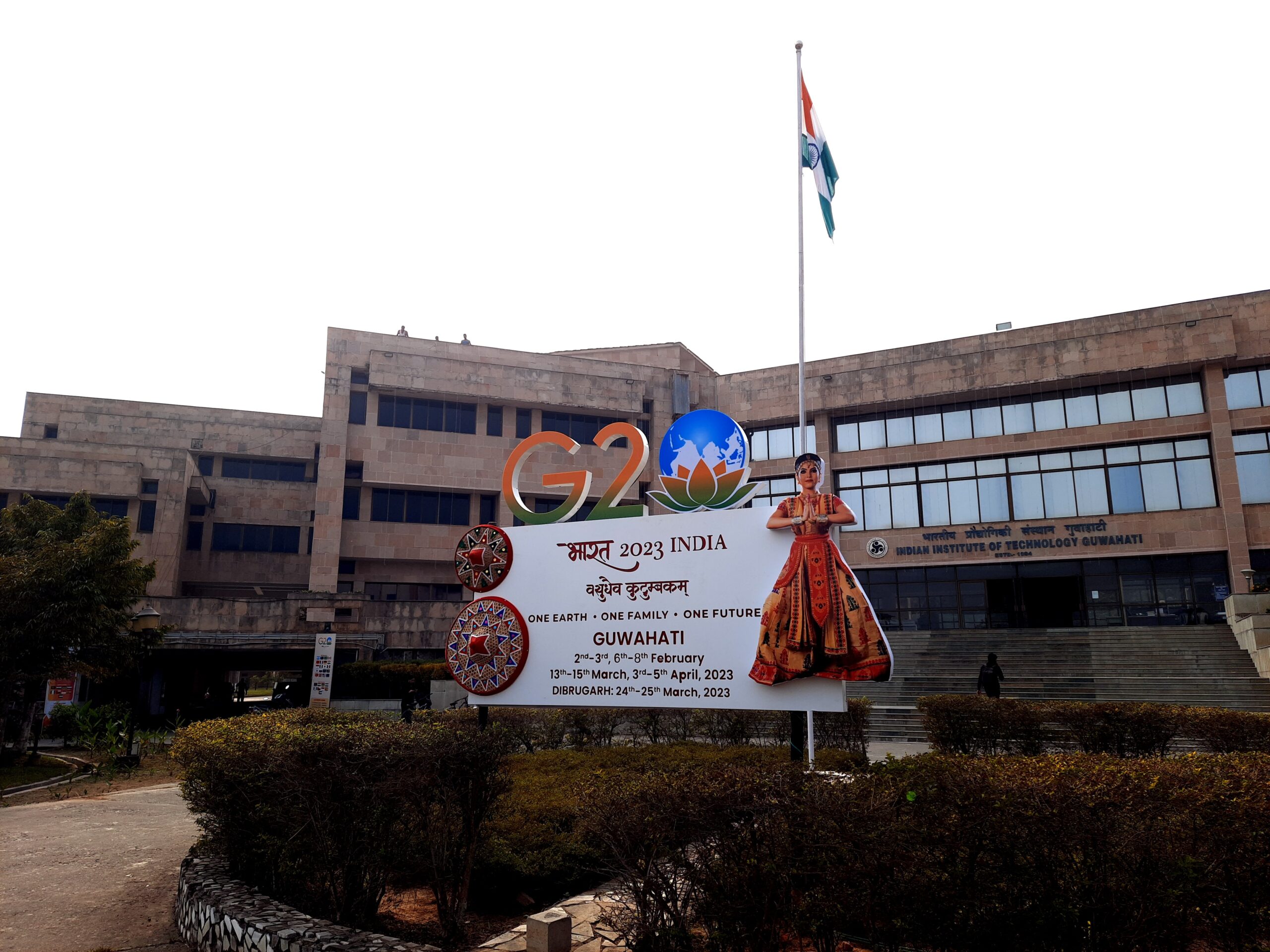The G20 summit in India is a major international event that brings together the leaders of the world’s 20 major economies to discuss and cooperate on various global issues. Here are some of the benefits, projects and topics that are expected to be discussed at the summit:
Benefits
- The G20 summit in India is an opportunity for India to showcase its economic, social and cultural achievements and potential to the world. India is one of the fastest-growing and most diverse economies in the world, with a population of over 1.3 billion people and a GDP of over $3 trillion.
- The G20 summit in India is also a chance for India to strengthen its diplomatic and strategic ties with other countries, especially in the Indo-Pacific region. India is an important partner for many countries in areas such as trade, investment, energy, security, climate change, health and development. India is also a founding member of several regional and multilateral initiatives, such as the International Solar Alliance (ISA), the Coalition for Disaster Resilient Infrastructure (CDRI) and the Asian Development Bank (ADB), which have been invited as guest organisations to the summit123.
- The G20 summit in India is a platform for India to contribute to the global agenda and solutions for some of the most pressing challenges facing the world today, such as the COVID-19 pandemic, economic recovery, sustainable development, digital transformation, gender equality, terrorism and climate change. India has been actively involved in various G20 processes and working groups throughout the year, and has proposed several initiatives and ideas for enhancing global cooperation and action.
Projects
- One of the key projects that India has proposed for the G20 summit is the creation of a Global Grid for Renewable Energy (G-GREEN), which aims to connect solar and wind power plants across different regions and countries to provide clean and affordable energy for all. This project is aligned with India’s vision of One Sun One World One Grid (OSOWOG), which was launched by Prime Minister Narendra Modi in 2018.
- Another project that India has suggested for the G20 summit is the establishment of a Global Innovation Hub (GIH), which would serve as a network of centres of excellence for research, development and innovation in various fields such as health, education, agriculture, environment and technology. This project is based on India’s experience of creating successful innovation ecosystems, such as the Atal Innovation Mission (AIM), which supports startups, incubators, tinkering labs and innovation challenges across the country.
- A third project that India has recommended for the G20 summit is the development of a Global Digital Health Passport (GDHP), which would enable seamless and secure travel for people who have been vaccinated or tested negative for COVID-19. This project is inspired by India’s CoWIN platform, which is a digital system for managing COVID-19 vaccination and certification in India.
Topics
- Some of the topics that are likely to be discussed at the G20 summit in India are:
- COVID-19 response and recovery: The leaders will review the progress and challenges in combating the COVID-19 pandemic and its variants, and explore ways to enhance global health preparedness, resilience and capacity. They will also discuss how to ensure equitable access and distribution of vaccines, therapeutics and diagnostics, especially for low- and middle-income countries. They will also address the economic and social impact of the pandemic, and how to support a sustainable and inclusive recovery.
- Sustainable development: The leaders will reaffirm their commitment to achieving the 2030 Agenda for Sustainable Development and its 17 Sustainable Development Goals (SDGs), which cover areas such as poverty eradication, quality education, clean energy, climate action, peace and justice. They will also discuss how to mobilise finance, technology and innovation for advancing sustainable development.
- Digital transformation: The leaders will recognise the opportunities and challenges posed by the rapid digital transformation of the world, especially in the wake of the COVID-19 pandemic. They will discuss how to foster digital inclusion, connectivity, security and trust, as well as how to leverage digital technologies for enhancing productivity, competitiveness, growth and social welfare.
- Gender equality: The leaders will acknowledge the importance of promoting gender equality and women’s empowerment in all spheres of life. They will discuss how to address the gender gap in education, employment, entrepreneurship, leadership and decision-making. They will also discuss how to prevent and eliminate all forms of violence against women and girls.
- Terrorism: The leaders will condemn terrorism in all its forms and manifestations, and express their solidarity with the victims of terrorist attacks. They will discuss how to strengthen international cooperation in preventing and combating terrorism, as well as how to counter radicalisation, extremism and hate speech. They will also discuss how to deal with the threat of foreign terrorist fighters (FTFs) and returnees.
- Climate change: The leaders will reaffirm their commitment to the Paris Agreement on climate change, and express their support for the upcoming COP26 in Glasgow. They will discuss how to enhance their nationally determined contributions (NDCs) and long-term strategies for reducing greenhouse gas emissions and adapting to the impacts of climate change. They will also discuss how to mobilise finance, technology and innovation for accelerating the transition to a low-carbon and climate-resilient future.



